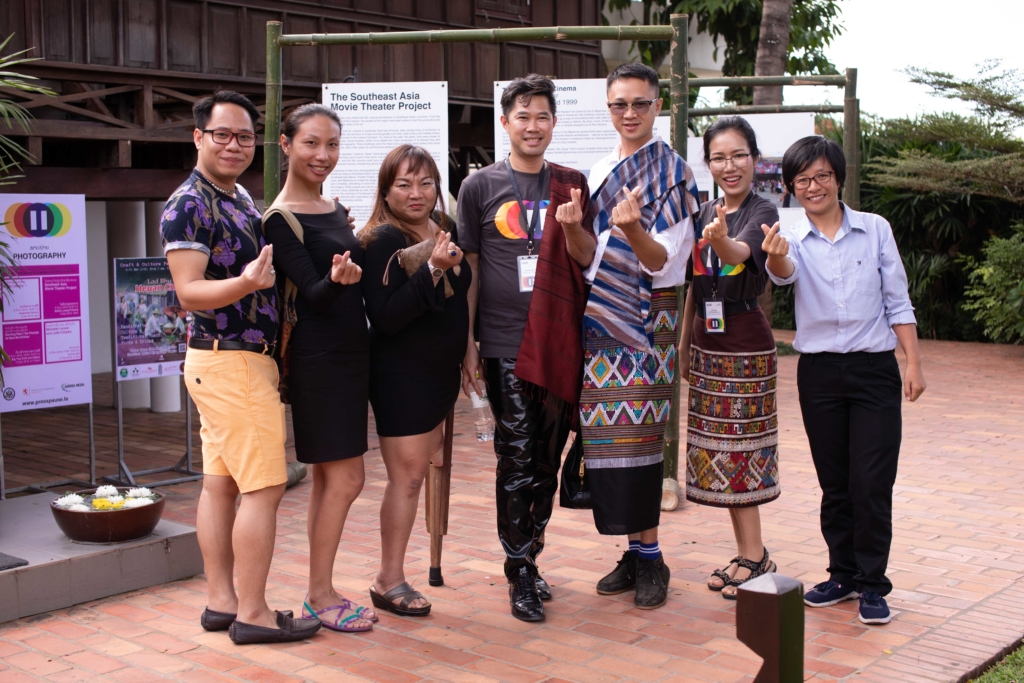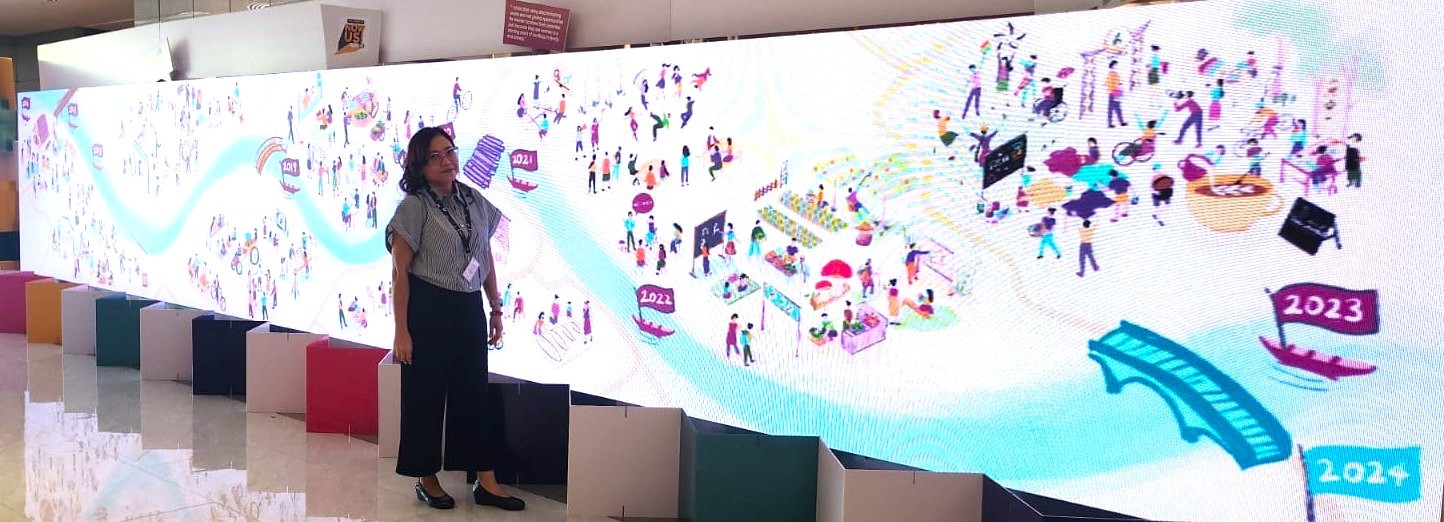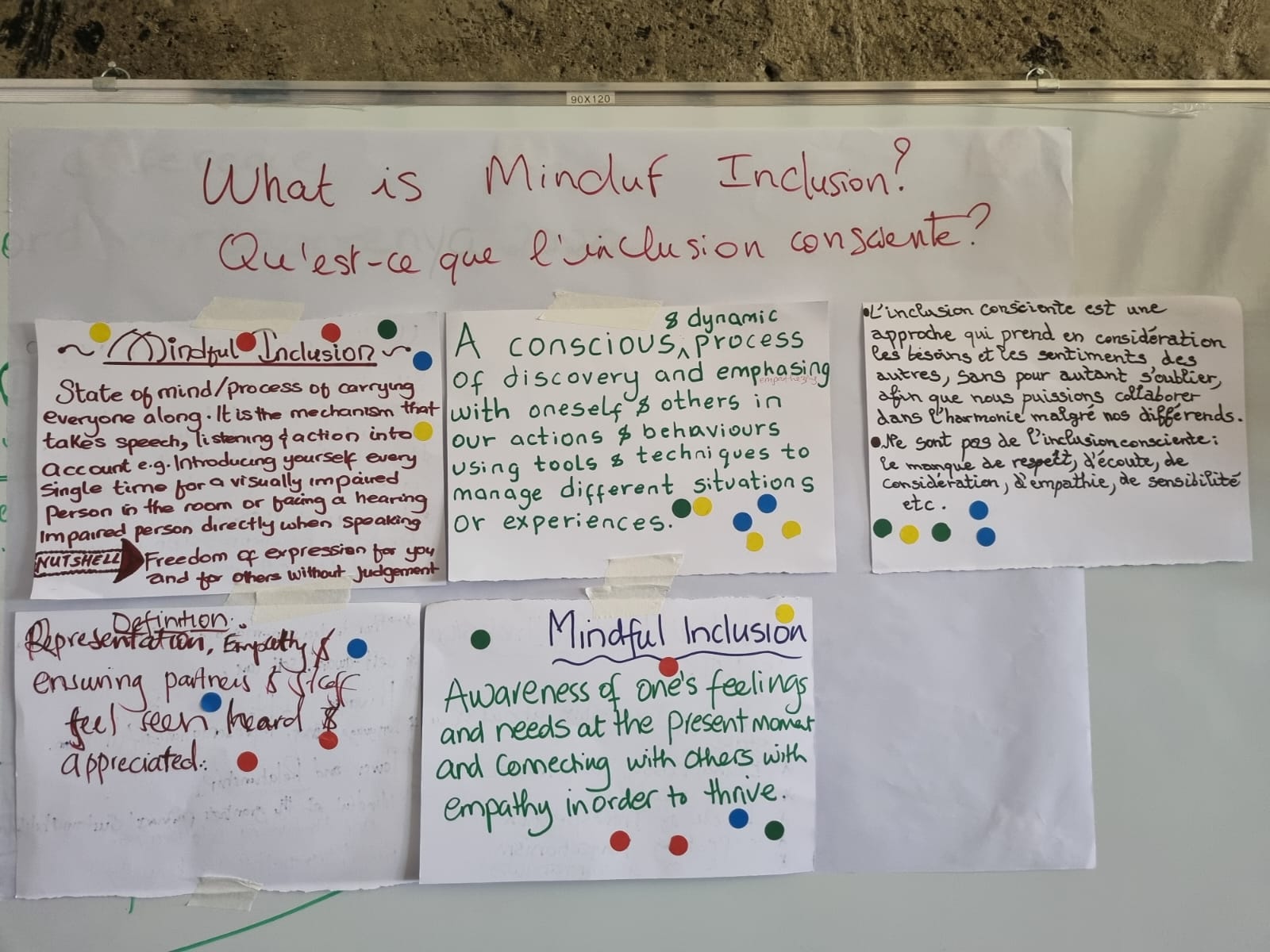The journey from local to global…
Sex workers presence at the 71st CEDAW Review – Reflection By Gyanu Gurung, APNSW
Before I started my job with the Asia Pacific Network for Sex Workers (APNSW), I had had no direct engagement with the sex workers’ community. However, I was interested in sex workers’ issues and had the chance to interact with a few sex worker leaders in Nepal. I joined APNSW in September 2018. Within a week of my start date, I was requested to attend the 71st session of the Convention on the Elimination of all forms of Discrimination Against Women (CEDAW) in Geneva, from 18 to 30 October 2018. It was my first time going to such an international event, particularly an inter-governmental meeting, and travelling alone all the way to Geneva.
A brief of APNSW and where Voice comes in
Before I share my experiences at the CEDAW session, let me first tell you about APNSW. APNSW was established by sex workers in 1994 at the International AIDS Conference held in Yokohama, Japan. APNSW plays a key role in identifying and creating opportunities for sex workers, analysing trends, critically assessing new research and policies, and engaging in advocacy with relevant decision-makers to improve the lives of sex workers in Asia and the Pacific. APNSW has been working with various national sex workers’ rights organisations in Asia-Pacific. The Voice-funded project, called
CEDAW is often referred to as the ‘women’s bill of rights’ which provides a complete definition of sex-based discrimination as being any exclusion on the basis of sex, and it is based on the principle of ‘substantive equality’ between men and women.
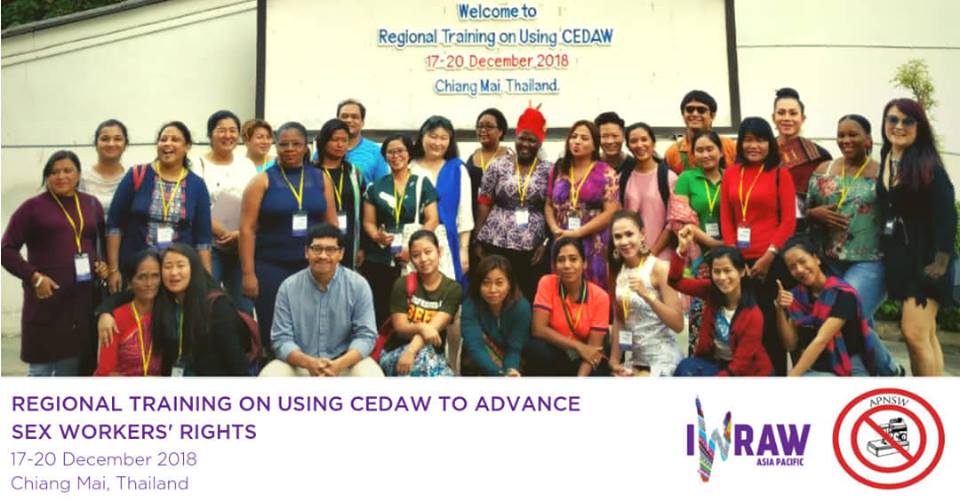
Back to my story now, being a gender studies student, I knew of CEDAW only through course books, so it was a great opportunity to attend the CEDAW review process at the international level. Before it began, I attended the “From Global to Local” training and mentoring programme, which provides support and information for engaging with the CEDAW
Having learned from the training and made all preparations for the review process, we were set for the first oral statement of Nepal on 22 October 2018. It was a big day for me to witness and support sex worker activists from Nepal in delivering the oral statement to
The complexity of Laos
The Laos country review process presented specific challenges. Considering that civic space is completely closed in Laos (according to the Civicus monitor), creative ways of lobbying and advocacy need to be considered to still get the right voices and messages heard. There is no formal network of sex workers in Laos, so APNSW and IWRAW AP stepped in from the broader region to help prepare the shadow report on sex workers for Laos. This shadow report was prepared through a series of key informant interviews in Thailand and Laos, including focus group discussions; I also interviewed a stakeholder from Thailand for the report. To add to the challenge, there was no sex worker representative from Laos to make an oral statement, so it was decided that I would read out the statement on behalf of Laotian sex workers. The women activists from Laos warned me about the security issue and said that they were not going to be in the main meeting. Far away from home and attending such a big meeting for the first time, the women’s warning added to my fear and anxiety. But somehow I was determined to read the statement – whatever the consequences.
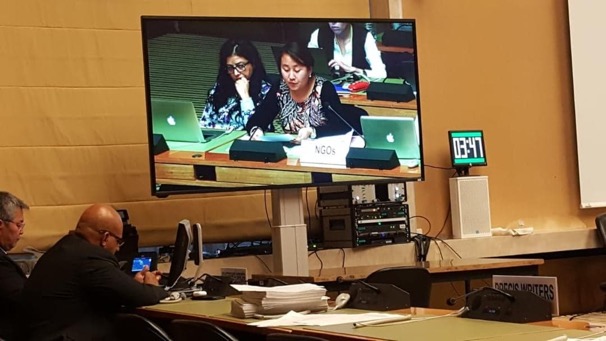
Finally, the day came and I delivered the oral statement on behalf of Laotian sex workers on 29 October 2018. It was well received by the chair. Subsequently, the shadow report and oral statement provide specific guidance to the CEDAW Committee for its Concluding Observations and recommendations on how the country’s performance could be improved. At the same time it enables us to use the Concluding Observations as a tool to advocate for legal reform and development in the area of women’s rights at the national level.
The entire journey to Geneva, attending the training and participating as a speaker during the CEDAW review process, has changed me in terms of capacity, perspective and passion for the issues around sex work. Within ten days I was a different person, and I intend to give an even bigger v
Voice thanks Gyanu for sharing her reflections on this process!


